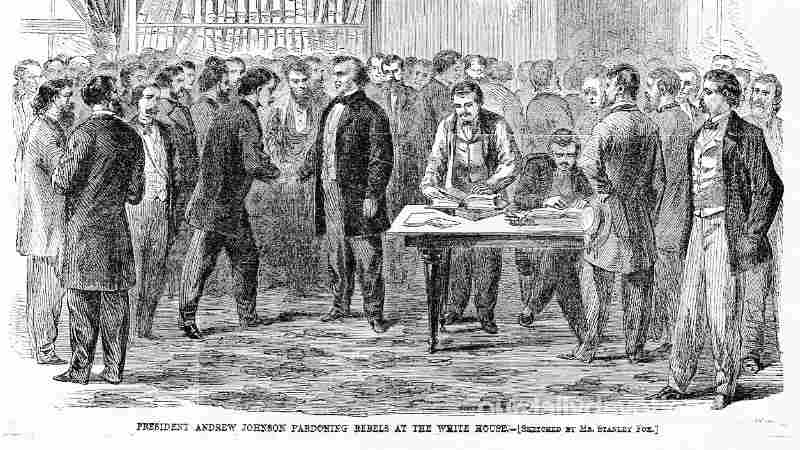(a) Act of ministering or serving. In Hebrew, the one who serves is called by the term "ebed", which implies a voluntary or obligatory service, and designates all those who have to serve; the prisoner of war, the purchased slave, the privileged official of a sovereign, and also the worshiper of Jehovah (cf. Gen. 39:1 with Gen. 41:12; 40:20; Ex. 32:13; Acts 16 :17).
Easterners consider themselves servants of a superior, or of God (Gen. 32:4, 20; 50:18; Deut. 3:24; 2 Sam. 9:2; Luke 2:29; Acts 4:29) . In Hebrew the term servant is also applied to a people defeated and subjected to tribute (2 Sam. 8:2).
God gives the name of ministers or servants to those who worship Him (Gen. 26:24; Num. 12:7; 2 Sam. 7:5. See SLAVE.) (b) One who helps a great personality. In Hebrew is "m'shareth"; gr. "huperetes." Joseph, a slave, served his owner, who had entrusted him with the administration of his property (Gen. 39:4).
Abishag held a position of honor in his service to David (1 Kings 1:4, 15). Joshua accompanied Moses, taking care of the first tabernacle, later succeeding him in the leadership of Israel (Ex. 24:13; 33:11; Joshua 1:1).
Elisha was Elijah's helper, pouring water into his hands, and became a prophet in his turn (1 Kings 19:21; 2 Kings 3:11). The minister of the synagogue helped those who taught (Lk. 4:20). The disciples received instructions from Christ and became the ministers (servants) of the Gospel (Luke 1:2; Acts 1:2; 26:16).
John-Mark was Paul and Barnabas' assistant during part of their first missionary journey (Acts 13:5). (c) Minister of God or State (Heb. "m'shareth", Greek "leitourgos"). Among them are the priests and Levites at the service of the sanctuary (Ex. 28:43; Num. 3:31; Deut. 18:5; Is. 61:1; cf. LXX; Lk. 1:23; Heb. 9 :twenty-one).
Christ also receives this name as heavenly high priest (Heb. 8:2). Paul also, as an announcer of the Gospel to the pagans (Rom. 15:16). The term is also applied to a magistrate (Acts 13:6); It sometimes designates the members of a court (1 Kings 10:5) and also sometimes a great personage (2 Chron. 22:8; Est. 1:10).
Angels are called servants (Ps. 103:21; 104:4). (d) Those who, being at the service of someone, represent them and take care of their interests; gr. "diakonos."
Originally this term did not designate a servant of the poor, but rather a magistrate, a minister of God, exercising justice and punishing those who did evil (Rom. 13:4). This term is particularly applied to the preachers of the Gospel: Timothy (1 Thes. 3:2), Paul and Apollos (1 Cor. 3:5), Tychicus (Eph. 6:21), Epaphras (Col. 1:17) .
In the NT, "diakonos" is also used in the restricted sense of deacon, in charge of exercising special functions in a church other than those of a priest.
Meaning of MINISTRY
(a) Act of ministering or serving. In Hebrew, the one who serves is called by the term "ebed", which implies a voluntary or obligatory service, and designates all those who have to serve; the prisoner of war, the purchased slave, the privileged official of a sovereign, and also the worshiper of Jehovah (cf. Gen. 39:1 with Gen. 41:12; 40:20; Ex. 32:13; Acts 16 :17).







